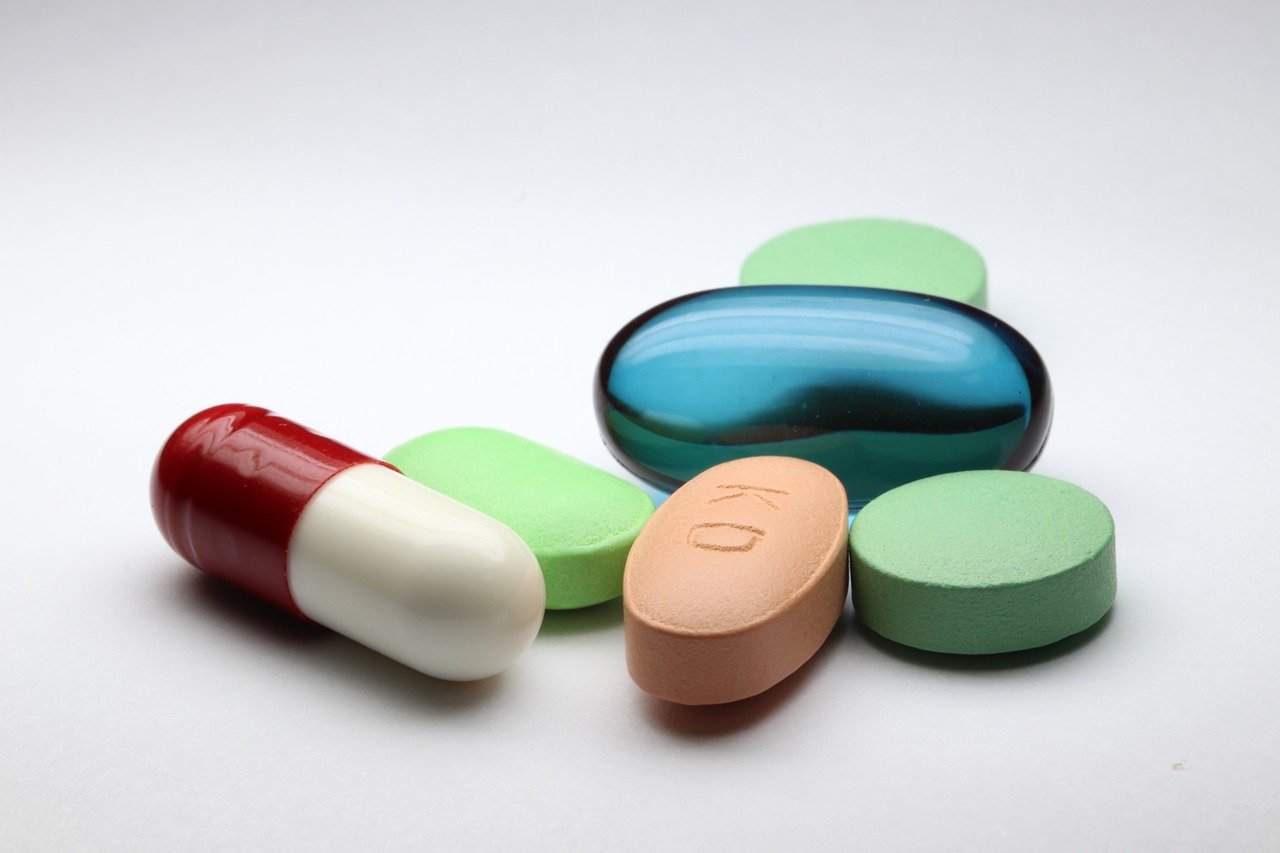Traditional toxicology practices focus on characterizing a single compound in regulatory GLP toxicology studies over a long period of time directly prior to clinical phase 1 trials. By this time, large amounts of time and resources have been invested into finding a single drug candidate. If a liability is found, researchers are left deciding if the benefits outweigh potential liabilities or if they need to start over, having spent time and resources on that single candidate. With late-stage failures due to toxicity continuing to be a primary cause for compound attrition, incorporating predictive in vitro testing into the discovery process is essential for those working in drug discovery.
Discovery Toxicology
To combat late-stage failure and the rising costs associated with it, the discipline of discovery toxicology has risen within drug discovery. Discovery toxicology works to integrate proactive toxicologic risk assessments into the earliest phases of the discovery process. This early understanding of a compounds toxicological profile helps in identification of screening hits, development of medicinal chemistry, and optimization of leads to increase the affinity, selectivity, efficacy/potency, metabolic stability, and bioavailability of compounds. By incorporating discovery toxicology practices into their discovery process, researchers can often identify liabilities at an early stage of drug discovery and provide insight into how to avoid or manage these liabilities.
Discovery Toxicology Practices
Some of the discovery toxicology practices researchers from startups to major pharmaceuticals are incorporating include:
- Drug-drug interaction screening of nuclear receptors
- Phenotypic screens to examine downstream events
- Nuclear receptor profiling to identify the most selective compounds
- Retrospective screens to support future lead optimization
INDIGO’s Approach to Discovery Toxicology
INDIGO’s provides research services and assay kits that will assist you in prioritizing drug leads. Predictive cell-based assays allow you to integrate discovery toxicology processes early in the evaluation process. This allows you to understand your compounds potential liabilities and provide the ability for researchers to potentially mitigate a compounds liability or avoid inefficient spending of resources on compounds which are destined to fail. To find out more about discovery toxicology and how to incorporate discovery toxicology practices into your drug discovery process, get the free infographic, Building the Drug Discovery Engine. This infographic examines:
- A four-part preclinical engine integrating safety assessments earlier in drug discovery
- Information on beneficial small- and large-scale nuclear receptor and safety pharmacology solutions
- Details on leveraging INDIGO solutions to make confident compound decisions
